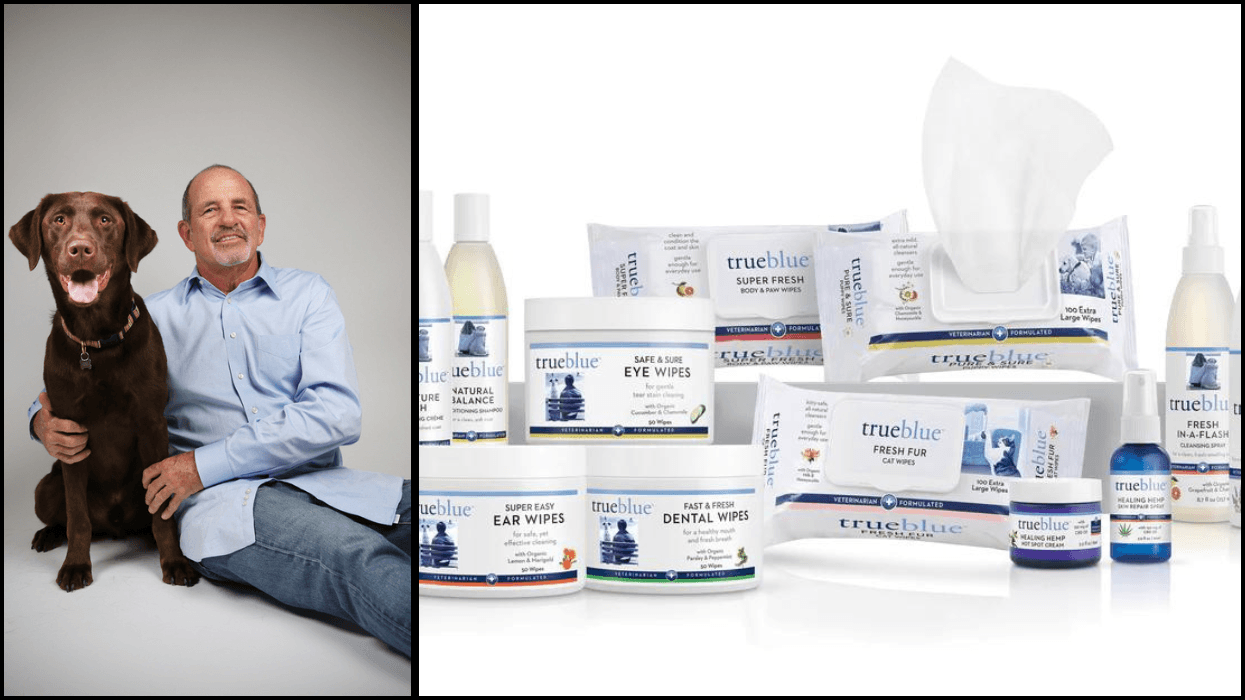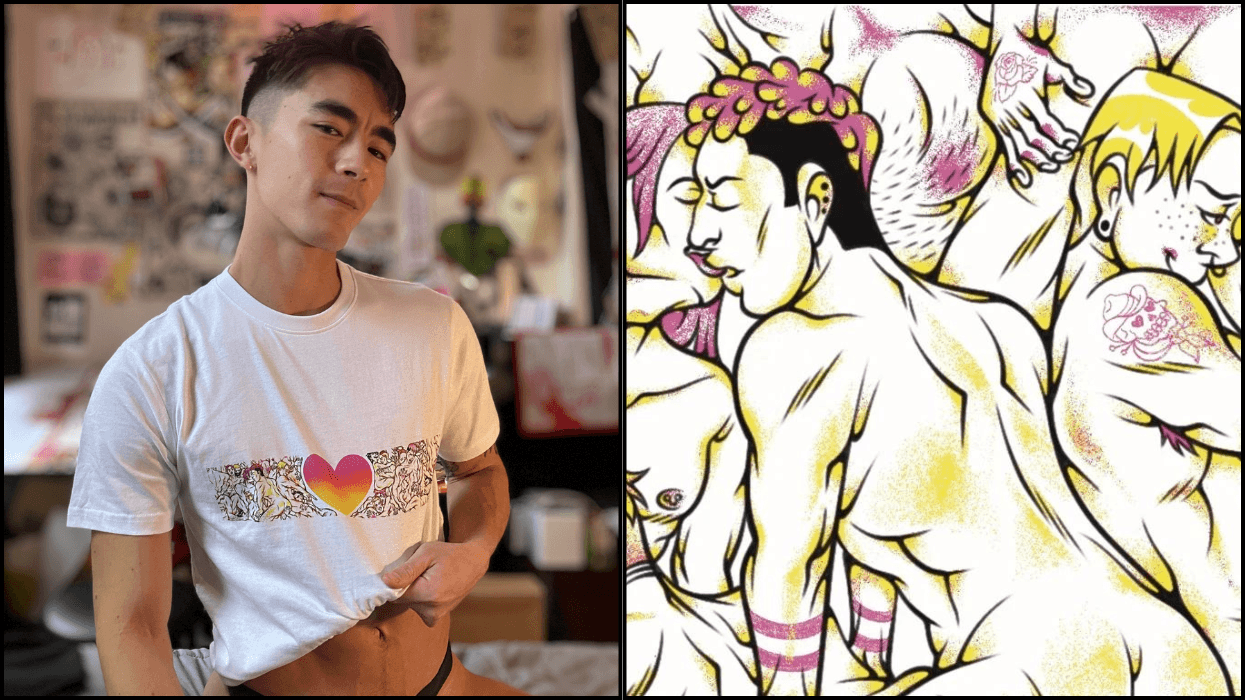
Songwriter Tomek Fior came to love his "feminine" voice, raising the question "When you really accept yourself, what will you sound like?"
April 09 2007 12:00 AM EST
November 17 2015 5:28 AM EST
By continuing to use our site, you agree to our Private Policy and Terms of Use.

Songwriter Tomek Fior came to love his "feminine" voice, raising the question "When you really accept yourself, what will you sound like?"
"You sound like a girl!" taunted my sixth-grade classmates during music class. My voice was, and still is, higher-pitched than what's expected of boys, and in the small Midwestern town of Moline, Ill., that can mean only one thing--you're gay.
Junior high school was the worst, as the jeers morphed from "girl" to "faggot." I remember walking to lunch on the first day of seventh grade to chants of "Faggot! Faggot! Faggot!" I tried to pretend that it wasn't aimed at me, but I knew it was, and I hated myself for it. I would lie in bed at night wishing I could change so I could be accepted and belong. The first thing to go would be the one thing I hated more than anything: my voice.
When I was 13 my parents bought me my first piano. I loved it. I wrote music to release my frustrations without having to talk about them--or open my mouth at all. I would write music inspired by anyone from Tchaikovsky to Madonna, sometimes even with lyrics, though I pictured artists like Green Day or Celine Dion singing them--never myself. I performed in recitals (all instrumental, of course), delighted by the applause and the secrecy of the subject matter hidden in the notes.
By the time I got to college I was angry. Instead of studying music, I majored in women's studies and psychology and channeled my aggression into LGBT causes. I started an LGBT group and convinced the board of trustees at Black Hawk College to include sexual orientation in their nondiscrimination policy. At the University of Wisconsin-Madison I helped to institute programs to make the dorm environment safer for LGBT students. I still spent hours composing music and unsung lyrics, but it had become a hobby.
I realize now that fighting for everyone else's freedom distracted me from finding my own. I gave speeches on acceptance of LGBT people, yet I did not accept my own voice. I rejected the idea that gay people weren't equal, but deep inside I still believed my voice was "too gay."
It wasn't until after I graduated from college that I realized I wanted a career in music, so I moved to Los Angeles to become a professional songwriter. I was writing alternative ballads but having trouble finding singers who would put the right emotion to the lyrics. One day my manager called to ask for a song demo--and he wanted it by the next day. I had to choose between no vocals or my vocals. So I gave it a go.
Much to my shock, I received accolades for my voice. Could it be possible for people to admire my voice, the one that I had hated all these years? They said they connected with the emotion I brought to my own words. I started singing lessons to work on my pitch and increase my range and power; and the more I sang, the more I grew to appreciate the uniqueness of my voice. I began performing live in Hollywood and completed a full-length album.
Today, when I hear "You have a beautiful voice," it still surprises me a little. But being able to sing and love the sound of my own voice means that I have fully accepted myself as both gay and "effeminate." Now when people say "you sound like a girl," I smile. That's what I call range.
Want more breaking equality news & trending entertainment stories?
Check out our NEW 24/7 streaming service: the Advocate Channel!
Download the Advocate Channel App for your mobile phone and your favorite streaming device!

